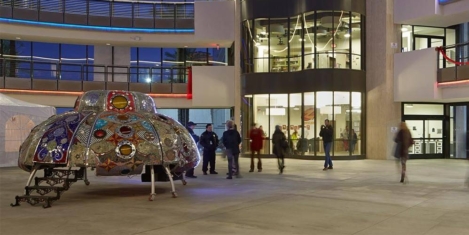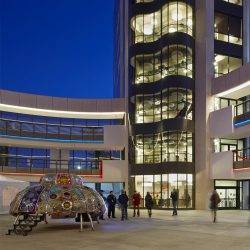To provide the best experiences, we use technologies like cookies to store and/or access device information. Consenting to these technologies will allow us to process data such as browsing behaviour or unique IDs on this site. Not consenting or withdrawing consent, may adversely affect certain features and functions.
The technical storage or access is strictly necessary for the legitimate purpose of enabling the use of a specific service explicitly requested by the subscriber or user, or for the sole purpose of carrying out the transmission of a communication over an electronic communications network.
The technical storage or access is necessary for the legitimate purpose of storing preferences that are not requested by the subscriber or user.
The technical storage or access that is used exclusively for statistical purposes.
The technical storage or access that is used exclusively for anonymous statistical purposes. Without a subpoena, voluntary compliance on the part of your Internet Service Provider, or additional records from a third party, information stored or retrieved for this purpose alone cannot usually be used to identify you.
The technical storage or access is required to create user profiles to send advertising, or to track the user on a website or across several websites for similar marketing purposes.
 We start with a question. Why hasn’t the gig economy killed traditional work?, asks Greg Rosalsky and goes on to explain what many people have now realised. The answer, as Greg points out, is that the gig economy doesn’t replace traditional work, never has, and the rise of casual work of this kind has primarily been a way for people to deal with a volatile labour market and shrinking real incomes. Offer them the choice of a decent monthly income, benefits and a contract and most of them will take you up on it.
We start with a question. Why hasn’t the gig economy killed traditional work?, asks Greg Rosalsky and goes on to explain what many people have now realised. The answer, as Greg points out, is that the gig economy doesn’t replace traditional work, never has, and the rise of casual work of this kind has primarily been a way for people to deal with a volatile labour market and shrinking real incomes. Offer them the choice of a decent monthly income, benefits and a contract and most of them will take you up on it.


































March 4, 2019
Filtering out the noise, the pathology of work, busy doin muffin and some other stuff
by Mark Eltringham • Comment, Features
(more…)